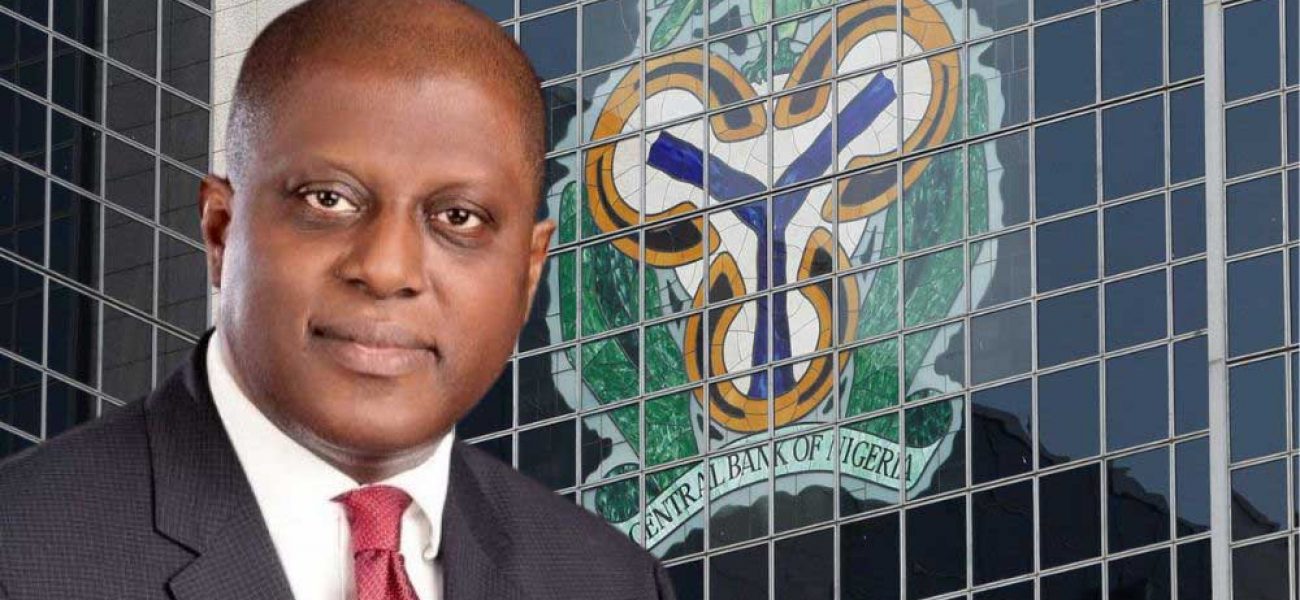In response to mounting inflationary pressures, the Central Bank of Nigeria (CBN) has, for the second time in two months, deferred the Monetary Policy Committee (MPC) meeting, a critical forum for shaping key monetary decisions.
The postponement, amidst rising inflation, has left stakeholders anticipating solutions from the MPC meeting, which has not convened since the appointment of Olayemi Cardoso as the CBN governor.
The apex bank’s spokesman, Dr. Isa Abdulmumin, announced in September that the meeting, scheduled then, had been postponed. Since that announcement, the meeting has not taken place, further delaying potential interventions in the face of escalating inflation.
Last week, the National Bureau of Statistics (NBS) reported an all-time high in inflation, reaching 27.33% in October 2023.
During the 292nd MPC meeting held on July 24th and 25th, the CBN raised the interest rate to 18.75% from 18.50% to tighten the economy in response to prevailing economic conditions.
Despite the ongoing challenges, including rising inflation and persistent foreign exchange liquidity issues, the MPC meeting has once again been postponed. The CBN spokesman, quoted by Bloomberg, confirmed the postponement of the meeting scheduled for November 21, 2023.
Meanwhile, the naira faced continued pressure in the foreign exchange market, with the dollar selling for N1,140 at the parallel market, maintaining a similar rate from the previous weekend. Unofficial market rates in Lagos ranged between N1,100 and N1,150, while the official market saw the dollar exchange at N820.18.
Professor Uche Uwaleke, a Capital Market expert, commented on the postponement, suggesting that it might be a fortuitous delay. He noted that if the MPC had convened in September, there was a likelihood of an MPR (Monetary Policy Rate) increase, potentially exacerbating the cost of doing business and limiting access to credit. This delay, he suggests, could be averted by the pressure from the IMF for an MPR hike to reduce money supply, a move that might not significantly impact rising inflation.











